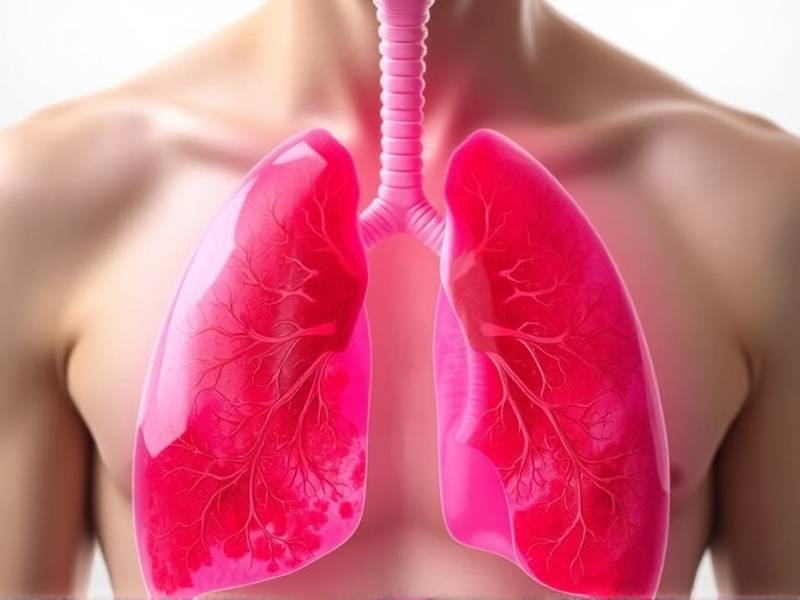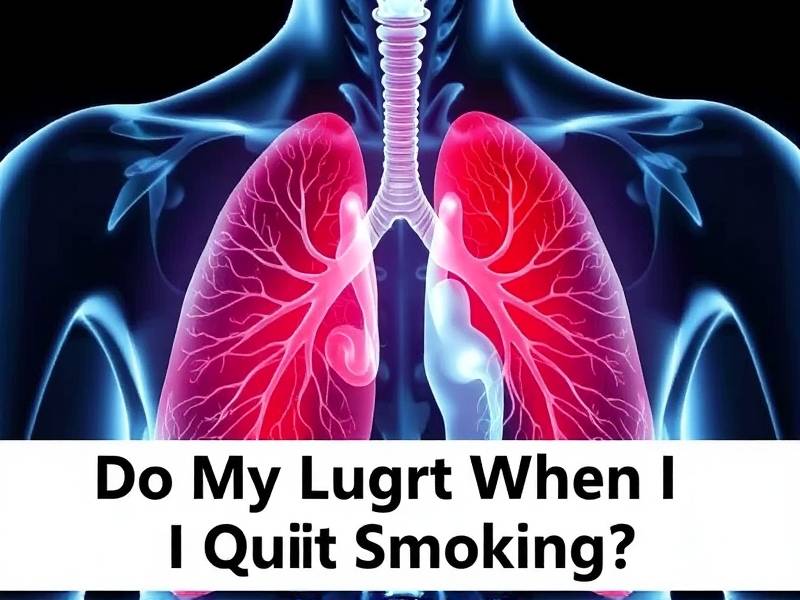Do My Lungs Hurt When I Quit Smoking?
The Journey to Quit Smoking: Understanding Lung Pain After Giving Up
Introduction: Quitting smoking is a challenging endeavor, and many individuals who embark on this journey often wonder if the discomfort they experience in their lungs is a direct result of their decision to quit. This article aims to provide insights into the potential causes of lung pain after quitting smoking and how to manage it effectively.
Understanding Lung Pain Post-Quitting Smoking

-
Withdrawal Symptoms: When you quit smoking, your body goes through a period of withdrawal. This process can trigger various symptoms, including coughing, chest tightness, and even pain. These symptoms are often referred to as "quit-smoking flu" and usually subside within a few weeks.
-
Coughing and Phlegm Production: One of the most common experiences after quitting smoking is an increase in coughing and phlegm production. This happens as your lungs start to clear out the tar and mucus accumulated over the years due to smoking. The discomfort you feel might be due to this cleaning process.
-
Lung Inflammation: Nicotine has a detrimental effect on lung function by causing inflammation. When you stop smoking, your body begins healing itself from the damage caused by nicotine, leading to inflammation in the lung tissue. This inflammation can result in pain or discomfort.
-
Anxiety and Stress: Quitting smoking can also lead to increased anxiety levels, which may manifest as physical symptoms like chest pain or discomfort. It's essential to address these stressors through relaxation techniques or seeking support from friends, family, or professionals.
How to Manage Lung Pain After Quitting Smoking
-
Stay Hydrated: Drinking plenty of water helps thin out mucus in your lungs, making it easier for you to cough it up and breathe more comfortably.
-
Practice Deep Breathing Exercises: Deep breathing exercises can help relax your lungs and reduce inflammation. Techniques like diaphragmatic breathing or yoga can be beneficial.
-
Seek Professional Help: If you're experiencing persistent lung pain or discomfort that doesn't improve over time, it's crucial to consult a healthcare professional for proper evaluation and treatment.
-
Stay Motivated: Remember why you decided to quit smoking in the first place. Staying motivated throughout this journey will help you overcome any challenges that come along the way.
Conclusion:
While lung pain after quitting smoking might be unsettling at first, it's a sign that your body is healing itself from years of tobacco exposure. By understanding the causes behind this discomfort and adopting effective management strategies, you can navigate this phase more comfortably on your path towards a healthier lifestyle.

Remember, quitting smoking is not just about overcoming physical addiction; it's also about taking care of your mental well-being during this transformative journey.
